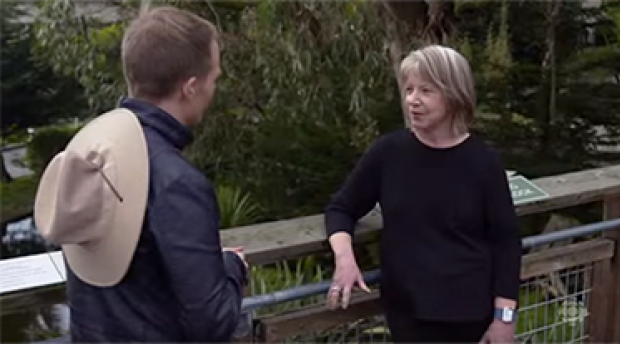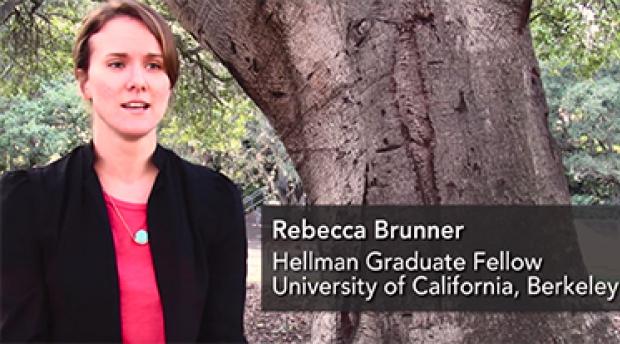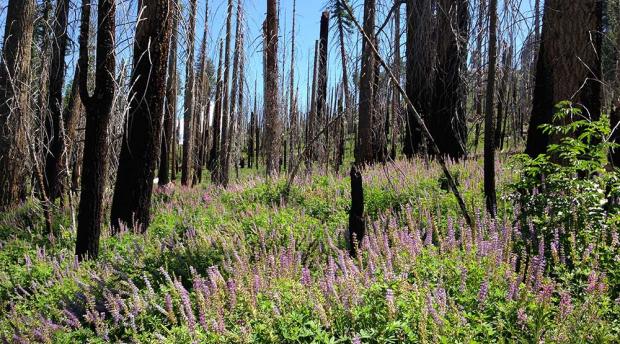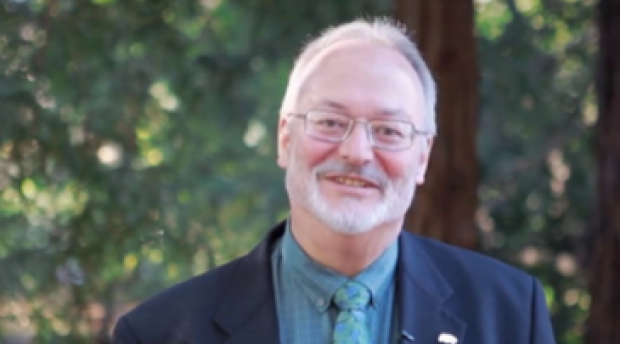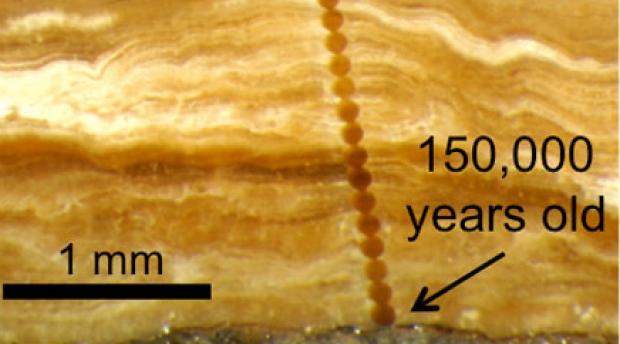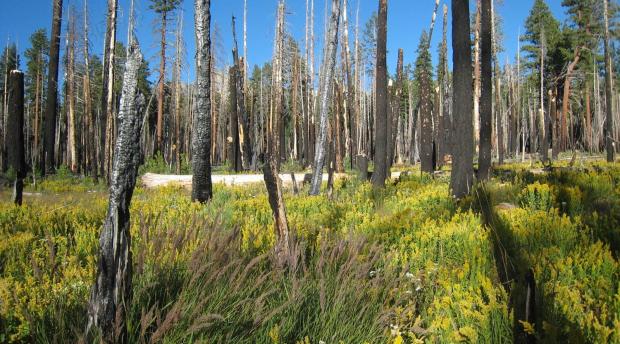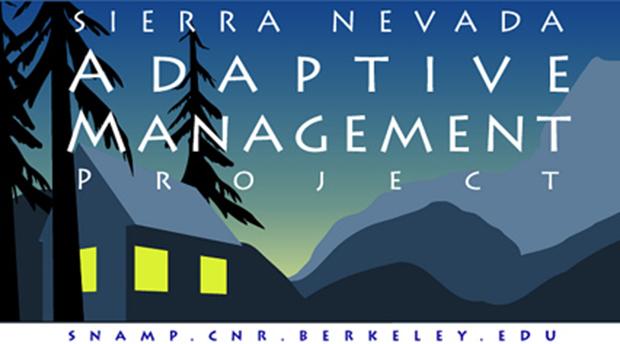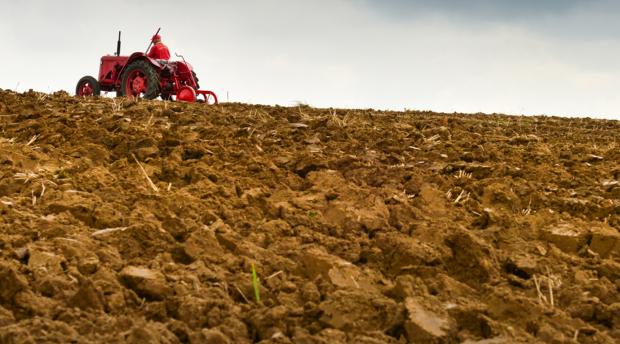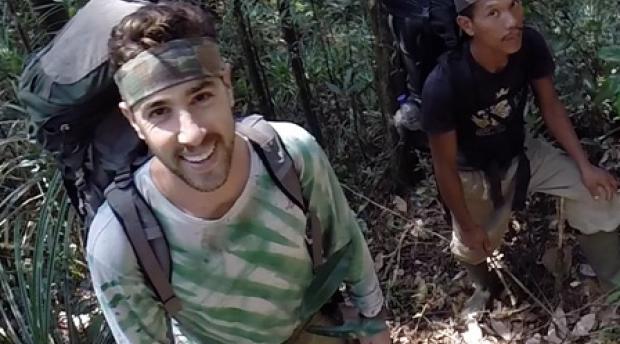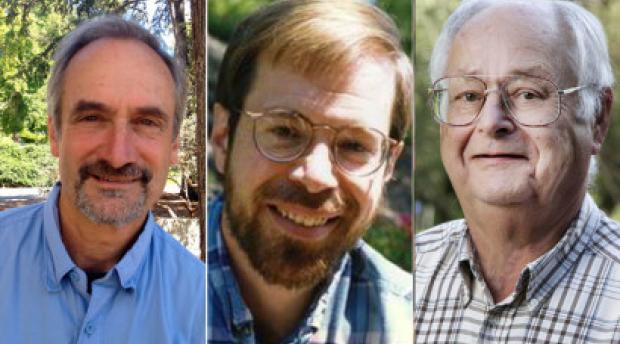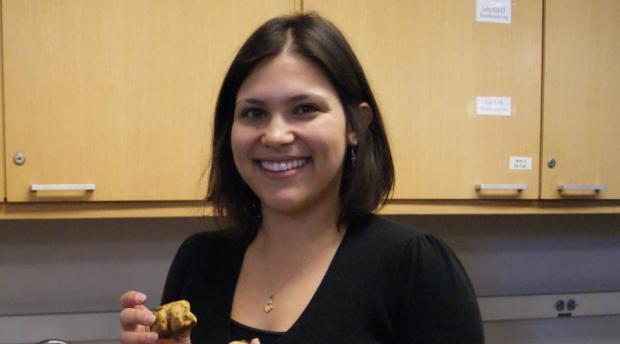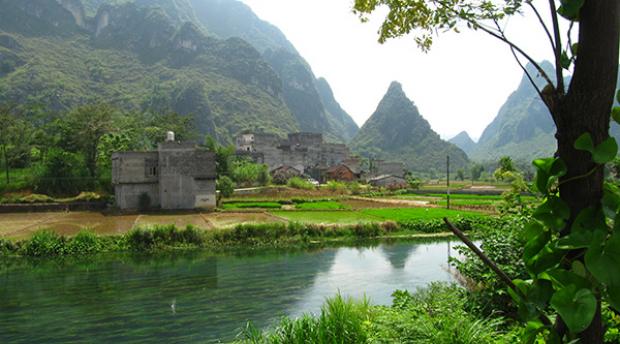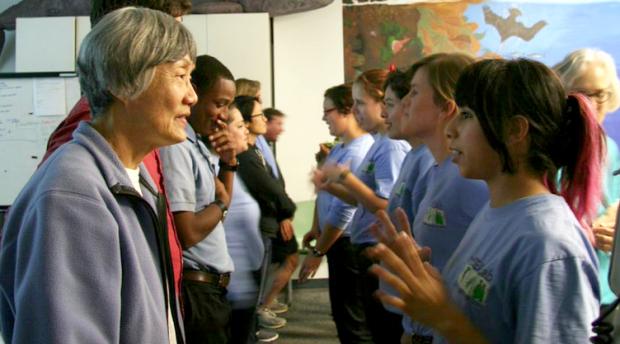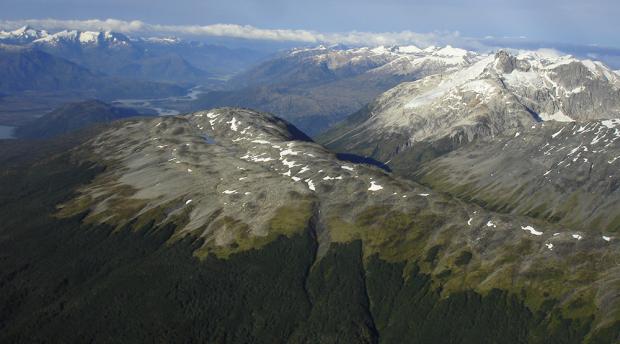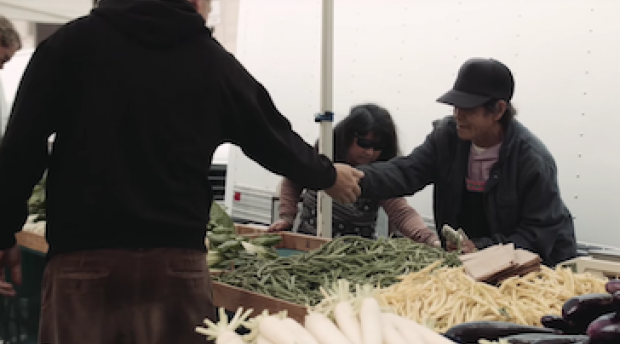PhD candidate and National Geographic grantee Matthew Luskin spent a year in the rain forest of Indonesia tracking critically endangered Sumatran tigers.
Katharine Milton on the curious case of vitamins and me
ESPM Professor Katharine Milton appeared in an episode of a Canadian TV series to discuss the loss of the ability to synthesize vitamin C and what this means for humans today.
Rebecca Brunner Takes 1st Place in Video Contest
Congratulations to 1st year Ph.D student Rebecca Brunner, the first place winner of the 2016 Distinguished Fellows Video Contest.
In Memoriam - Lawrence S. Davis
UC Berkeley professor emeritus Lawrence S. Davis passed away from Alzheimer's disease on March 6, 2016. He was 81. Davis was an influential scholar in the fields of forest economics and management.
How fire diversity promotes biodiversity
A CNR research team has found that fire diversity can promote diversity of plants and pollinators in a forest ecosystem.
Forestry Professor will continue to chair California Board of Forestry and Fire Protection
Governor Brown announced yesterday his reappointment of J. Keith Gilless, dean of the College of Natural Resources and professor of forest economics, as chair of the California Board of Forestry and Fire Protection.
ESPM soil scientists gather data about Earth's climatic past
ESPM's Erik Oerter and Ronald Amundson have found a new way to tease out signals about Earth’s climatic past from soil deposits on gravel and pebbles, adding an unprecedented level of detail to the existing paleoclimate record.
Fighting fire with fire benefits forests, watersheds
Research in the Illilouette Creek Basin shows that allowing fires to burn, rather than strict fire suppression, can lead to more resilient forests with smaller future fires and lessened impacts on the environment.
Ten-year Sierra Nevada Adaptive Management Project finds consensus on managing CA forests
ESPM scientists and their collaborators on the SNAMP project say there is a great need for forest restoration and fire hazard reduction treatments in Sierra Nevada forests.
Save the soil to save the Earth
In an interview with Aeon.com, professor Amundson discusses how we can address the current problems with our soil – or whether we should start looking at the desolate surface of Mars as our future.
Palm oil expansion triggers ecological cascade
ESPM Ph.D. candidate Matthew Luskin explains in an interview the effects that palm oil expansion has on wild pigs and macaques, and how these changes can indirectly but substantially damage the environment.
Professor Steven Beissinger named AAAS Fellow
ESPM Professor Steven Beissinger was named a fellow of the American Association for the Advancement of Science (AAAS) for his contributions to conservation biology and avian population biology.
Fungal Spore Bank Regenerates Forests
ESPM Graduate student Sydney Glassman discovered that a fungal spore bank under the devastating 2013 Rim Fire has helped regenerate new forests.
New research in rural China may help improve drinking water quality and reduce air pollution
Alasdair Cohen’s collaboration with the China CDC allowed him to conduct the first known research study on household water treatments in China.
An Interview with Carolyn Merchant
ESPM Professor Carolyn Merchant discusses her new book, Autonomous Nature: Problems of Prediction and Control from Ancient Times to the Scientific Revolution.
Professor Scott Stephens visits Washington D.C. for Fire Chiefs White House Roundtable
Professor Scott Stephens sits down for an interview to tell us about his experience going to the White House.
California Naturalist Program Receives National Award
The UC California Naturalist Program, launched by Cooperative Extension specialist Adina Merenlender in 2012, has just been honored as "Program of the Year" by the Alliance of Natural Resource Outreach and Service Programs.
Hunting Soils in Southern Patagonia
ESPM graduate student Marco Pfeiffer and professor Ronald Amundson study the relationship between soil, climate, and landscape in the Atacama Desert in northern Chile.
Berkeley Ranked Top Environment & Ecology University by U.S. News
In the recently published U.S. News & World Report, UC Berkeley ranks #1 in Environment/Ecology and #3 overall.
CA Matters Video: Jennifer Sowerwine on the changing face of California Agriculture
ESPM Cooperative Extension Specialist Jennifer Sowerwine appeared on New York Times columnist Mark Bittman's video series to discuss Hmong and Mien farmers in California's Central Valley.



